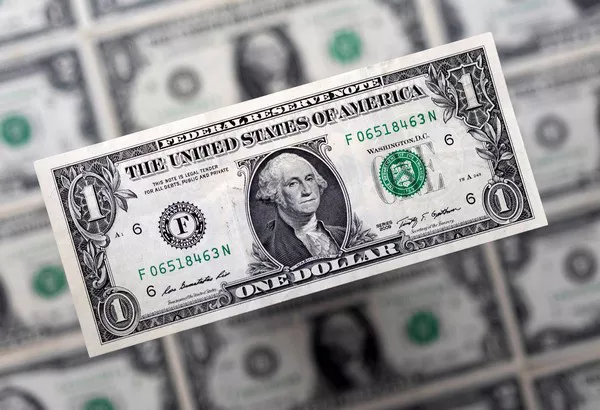The foreign exchange market plays a pivotal role in facilitating international trade and financial transactions. For countries like Nigeria, where the local currency, the Naira (NGN), is not freely convertible, determining the exchange rate of the US Dollar (USD) against the Naira can be challenging. While there is an official exchange rate maintained by the Central Bank of Nigeria (CBN), a parallel market known as the black market has emerged. This article aims to delve into the intricacies of the black market rate of the Dollar to Naira, exploring its implications and causes.
Understanding the Black Market:
The black market, also referred to as the parallel or unofficial market, exists outside the purview of regulatory bodies such as CBN. It operates as a clandestine network where individuals and businesses trade currencies without adhering to official regulations and rates. The black market serves as an alternative source for those seeking foreign currencies when the official channels fail to meet their needs.
Factors Influencing the Black Market Rate:
1. Demand and Supply Dynamics: The primary factor driving the black market rate is the interplay between demand and supply of the Dollar. If the demand for USD exceeds its supply, the value of the Dollar surges, resulting in a higher black market rate.
2. Import Dependency: Nigeria heavily relies on imports for goods and services. As such, the demand for foreign currencies, particularly the Dollar, is considerable. When the import demand surpasses the available foreign reserves, individuals turn to the black market to obtain the required currencies, leading to an increase in the black market rate.
3. Capital Flight: Economic and political uncertainties can trigger capital flight, whereby investors move their funds out of the country. This reduces the availability of foreign currencies within the official system, compelling individuals to resort to the black market, thus driving up the black market rate.
4. Inflationary Pressures: Persistently high inflation erodes the purchasing power of the Naira, which in turn increases the demand for foreign currencies as a store of value. This surge in demand contributes to the widening gap between the official and black market rates.
5. Government Policies: Economic policies and regulations imposed by the government can impact the black market rate. Restrictive foreign exchange measures or capital controls may inadvertently fuel the growth of the black market and lead to higher exchange rates.
Implications of the Black Market Rate:
1. Economic Distortions: The existence of a significant disparity between the official and black market rates creates distortions within the economy. It encourages rent-seeking behavior, fosters corruption, and undermines the efficacy of monetary policy measures.
2. Parallel Economy: The black market engenders a parallel economy outside the scope of taxation and regulation. This hampers government revenue generation and weakens efforts to foster economic development.
3. Exchange Rate Pass-through: The black market rate indirectly affects the overall price level in the economy as businesses often adjust their prices based on the prevailing exchange rate. This can exacerbate inflationary pressures and reduce the purchasing power of individuals.
4. Investment Climate: A wide gap between official and black market rates can deter foreign direct investment (FDI) and create an unfavorable business environment. Investors may perceive the currency regime as unstable and opt for more predictable markets, hindering economic growth.
Addressing the Issue:
1. Strengthening Monetary Policy: Enhancing the effectiveness of monetary policy tools can help control inflation, stabilize the Naira, and reduce reliance on the black market.
2. Diversifying the Economy: Promoting economic diversification reduces import dependency and enhances the availability of foreign exchange within the official system, mitigating the need for the black market.
3. Improving Transparency: Greater transparency in foreign exchange transactions, including strict monitoring and reporting requirements, can help curb illicit activities in the black market.
4. Flexibility in Exchange Rate Policy: Gradual movement towards a more flexible exchange rate regime allows market forces to determine the Naira’s value, reducing the reliance on the black market.
Conclusion:
The black market rate of the Dollar to Naira has emerged as a consequence of various economic factors and policy interventions. While it provides an alternative source for foreign currency, its existence poses significant challenges to Nigeria’s economy. Addressing this issue requires a comprehensive approach encompassing monetary policy reforms, economic diversification, transparency enhancements, and more flexible exchange rate mechanisms.


